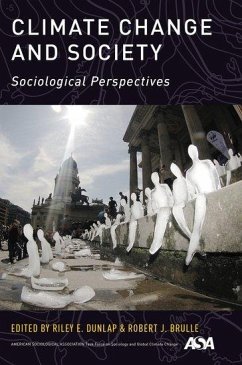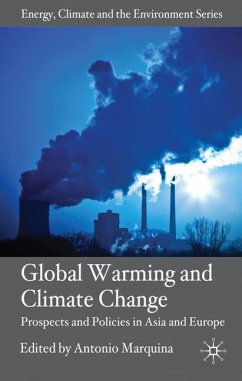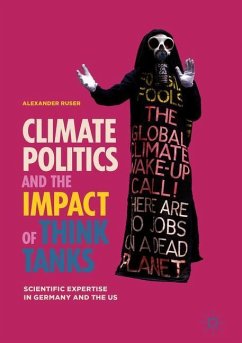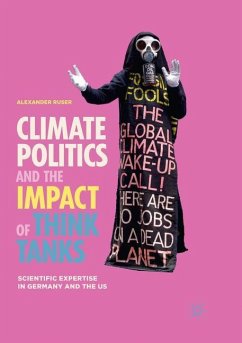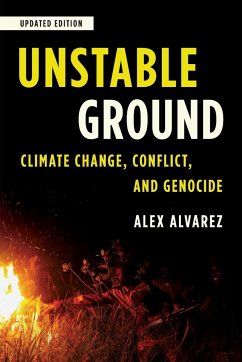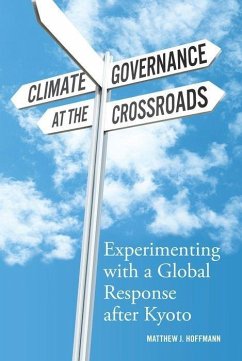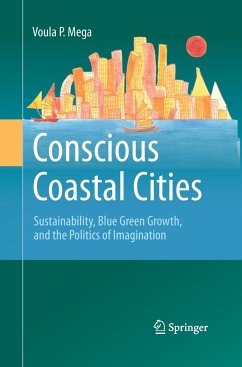
Broschiertes Buch
Oxford Handbook of Climate Change and Society
Versandkostenfrei!
Versandfertig in 1-2 Wochen

PAYBACK Punkte
34 °P sammeln!




A systematic examination by the best writers in a variety of fields working on issues of how climate change affects society, and how social, economic, and political systems can, do, and should respond.
John S. Dryzek is the author of a number of books on democracy and environmental politics. He is Professor of Political Science in the Centre for Deliberative Democracy and Global Governance at the Australian National University, and Australian Research Council Federation Fellow. Richard B. Norgaard is an eclectic ecological economist and Professor of Energy and Resources at the University of California, Berkeley. David Schlosberg's work focuses on environmental political theory, environmental justice, and environmental movements. He is Professor of Government and International Relations at the University of Sydney.
Produktdetails
- Verlag: Oxford University Press(UK)
- Seitenzahl: 742
- Erscheinungstermin: 22. August 2013
- Englisch
- Abmessung: 244mm x 170mm x 39mm
- Gewicht: 1257g
- ISBN-13: 9780199683420
- ISBN-10: 0199683425
- Artikelnr.: 38264588
Herstellerkennzeichnung
Libri GmbH
Europaallee 1
36244 Bad Hersfeld
gpsr@libri.de
Für dieses Produkt wurde noch keine Bewertung abgegeben. Wir würden uns sehr freuen, wenn du die erste Bewertung schreibst!
Eine Bewertung schreiben
Eine Bewertung schreiben
Andere Kunden interessierten sich für




